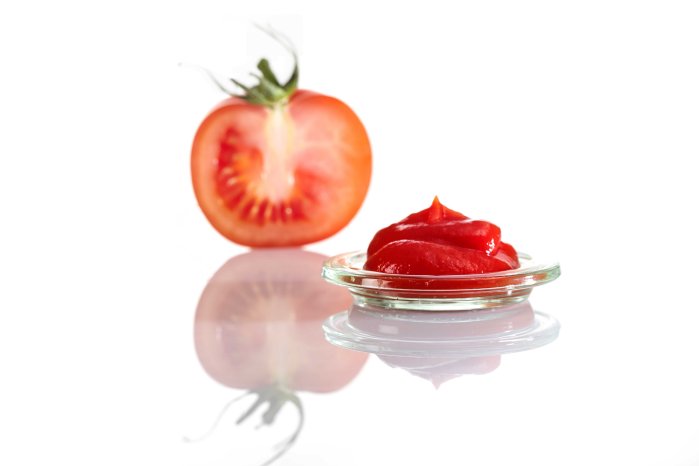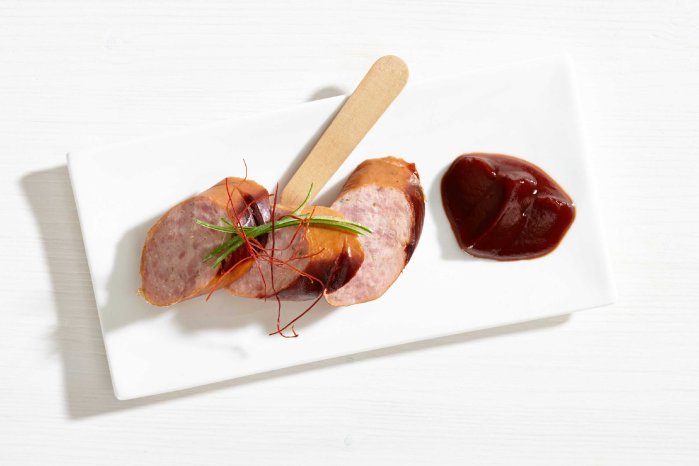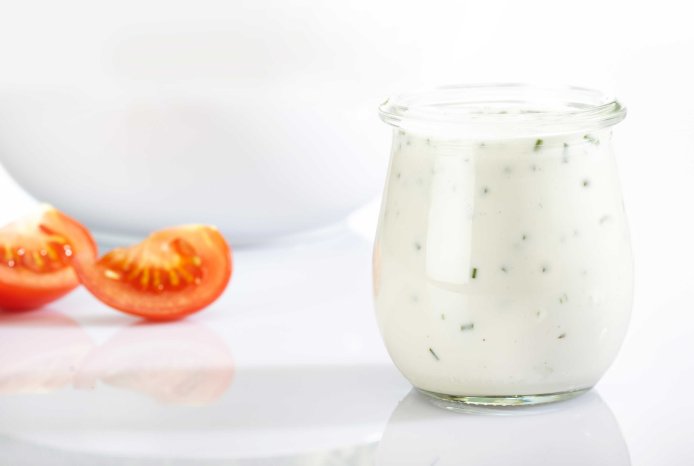Strategies and Initiatives
At a European level, there are currently various different strategies and initiatives for reducing salt consumption within the population – most of them voluntary. The ‘traffic light’ system developed by the UK Food Standards Agency (FSA) is getting more and more successful. So-called traffic light labels on food packaging make it easier for the consumer to recognise products’ fat, salt and sugar content. The labels are either red, yellow or green, depending on the ingredients and quantities used. Reformulation, or changing recipes for food products, is another approach. However, it has to deal with two fundamental facts: Firstly, simply drastically reducing fat and sugar is not a solution, since this affects the taste and will therefore not be welcomed by most consumers. Secondly, changing recipes costs money. The SALUX comparative study, which was funded by the EU, was mindful of these facts, and collected data from twelve EU countries over a period of years with a view to reducing the amount of salt, sugar and fat in food products. The aim is to motivate small and medium-sized companies to reformulate their products. In Germany too, the increasing strain on health services has strengthened the desire for reformulation. The German Ministry of Food and Agriculture (BMEL) is currently working with the Max Rubner Institute (MRI) to draft a strategy for reformulating food products.
Potential for reductions
There are various ways to reduce fat and salt content. For instance, advances in processing technology, such as the use of high-pressure treatment, micro-organisms for fermentation or extrusion technology, all allow for lower fat and salt content. However, the jury is still out as to whether foods made using these techniques can meet customers’ expectations in terms of taste. The use of citrus fibres e.g. Herbacel AQ Plus Citrus is another potential solution. This area is thought to show great promise as far as reformulation e.g. in savoury applications is concerned.
Reformulation in the savoury products sector
Reformulation is causing major changes in the savoury products segment too, including in hot or cold sauces, dips and dressings. Consumers are increasingly looking for healthier products with new recipes. Products with low fat and sugar content are in particularly high demand. Their responsibility to customers is becoming an increasingly high priority for producers. As a manufacturer of multi-functional plant fibres including Herbacel AQ Plus Citrus (citrus fibre), Herbafood Ingredients GmbH can help you meet these challenges. For instance, Herbacel AQ Plus Citrus allows you to cut the fat content of food products without affecting mouth feel. The same applies for salt: By using citrus fibres it is possible to reduce the salt content whilst retaining the salty flavour of the product. At the same time, it also meets manufacturers’ requirements for cost optimisation and shorter ingredients lists (Clean Label).
What is Herbacel AQ Plus Citrus?
Herbacel AQ Plus Citrus is a multi-functional citrus fibre with a high water-binding capacity. It is entirely plant-based, making it ideally suited for texturing emulsified and non-emulsified products. The highly functional citrus fibre has a very high water-binding capacity, which can be significantly increased by the application of high mechanical shear forces. This allows the viscosity of the finished product to be increased - leading to a smooth and full-bodied mouthfeel. Its emulsifying properties make the citrus fibre suitable for a wide range of uses in savoury products.
Manufacture of savoury products
Salad creams and dressings can be manufactured hot or cold with Herbacel AQ Plus Citrus. As part of the manufacturing process, the citrus fibre is first suspended in water before being dispersed under high shear forces (using homogenisers, Stephan mixer, Fryma-Koruma etc.). For emulsified end products oil can be added during shearing. Any level of fat content between 3 and 50 % can be easily selected.
Finally, the ingredients that give the food its taste are added to the emulsified or non-emulsified ingredients. Herbacel AQ Plus Citrus is a citrus fibre that meets the high standards of both manufacturers and consumers. Not only does it meet Clean-Label* requirements and carry the positive image of high-fibre foods; it also offers technological benefits for optimising salt and fat reduction in your savoury products.
Using Herbacel AQ Plus Citrus makes it possible to reduce the fat and salt content of sour cream by around 30 %. Moreover, the multi-functional, emulsifying citrus water means there is no need to use egg.
Using Herbacel AQ Plus Citrus offers a multitude of possibilities for reformulating savoury products. We will be happy to help you optimise your portfolio.
* Definition: Clean Label
• few additives
• a simple ingredients list which is easy to understand
• familiar-sounding ingredients




